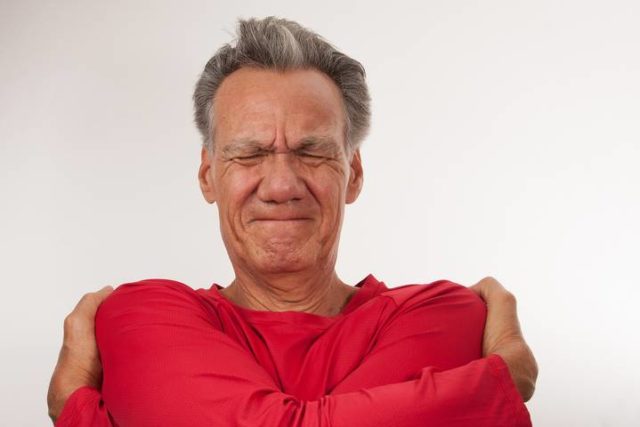Many people suffer from lower back pain, but upper back pain is almost just as common, and drinking water can sometimes aggravate this part of the body if you already have something going on. As you lift a beverage with some weight to it, you’re activating your shoulder and upper back, and if there’s an injury somewhere in the vicinity of your neck or upper back, you will probably feel it.
There is a lot that one can do about upper back pain, depending on the cause. Let’s learn why your upper back hurts when you drink water.
Where Is Upper Back Pain?

Upper back pain is the discomfort between the base of the neck and down to the bottom of the rib cage. Some may interpret this as upper-to-mid back. This area is medically referred to as the ‘thoracic spine.
What does Upper Back Pain Feels Like

Upper back pain can come in many ways. For most people, it’s an acute pain and will resolve within a week or less. It can be a burning, sharp pain or achy and throbbing. There could be muscle tightness and stiffness. It could radiate along a nerve, which can also be combined with tingling, numbness, or weakness.
Understanding How the Upper Back Works
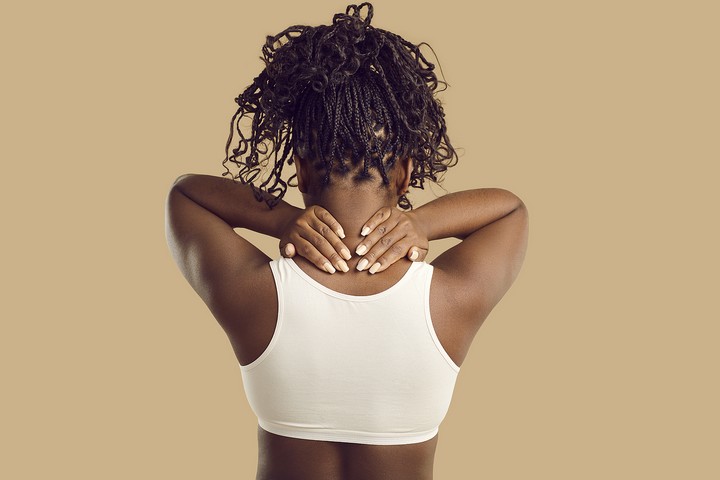
The thoracic spine comprises twelve bones stacked on top of each other. These are your vertebrae. In between the vertebrae, discs absorb shock as one move. Muscles and ligaments in the upper back help to hold everything together. The complex construction of this body part makes it prone to medical issues and injuries.
Is It Related to Poor Posture?
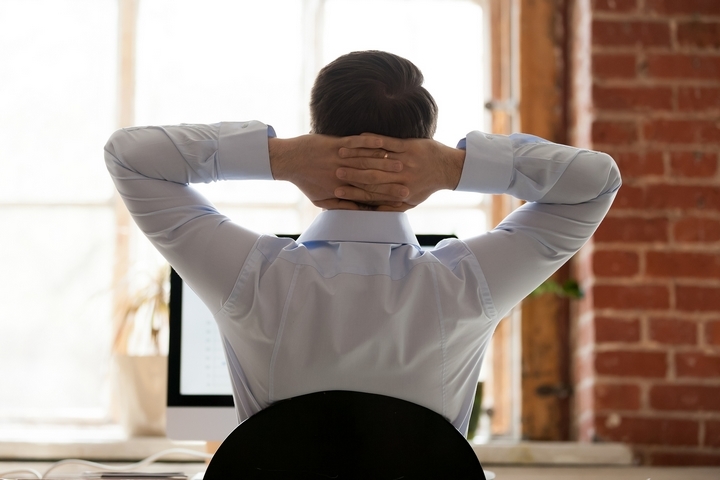
A cause of upper back hurting can be poor posture. For people who lean over their computers regularly, who normally stand crooked or bent, or who have a naturally misaligned spine for any reason, this puts added stress on the upper back. The regular stress on the upper back can eventually cause it to give out, and then, you have pain derived from overuse of the muscles and putting too much stress on it.
Is It Overworked Muscles?

You can overwork your upper back. This is the most common cause of upper back pain. You can experience back strains, sprains, and injuries to the muscles, tendons, or ligaments by doing something like lifting something overly heavy, not lifting something safely, or just overworking the area until it gives out, such as on moving day when you spend the whole day lifting furniture.
Is There a Bone Fracture?

The upper back bones can break like any other bone in the body. This impact may break these bones if you’ve recently been in a car accident or experienced a major fall. That said, it is fairly rare for it to be a bone fracture if you’re experiencing pain in the upper back. There needs to be some sort of trigger incident to break the spine.
Is It a Disk Problem?

Disks in the spine can slip out of position and bulge. When this happens, it may press on a nerve causing pain to radiate outwards from the spine. Disks can also tear. When they tear, that’s a herniated disk and requires surgery to repair. Depending on what it is, various ways exist to rehabilitate, recover, or manage disk problems.
Is It Arthritis in the Back?
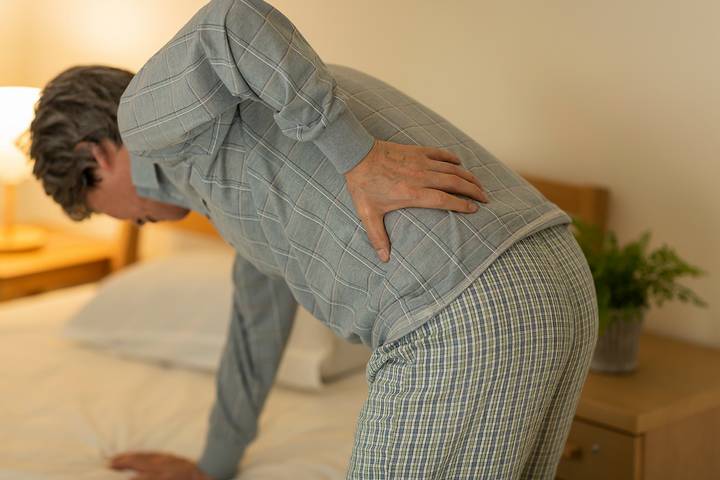
As we age, we are at an increased risk of developing osteoarthritis and other arthritis in the upper back. Spinal arthritis is an inflammation of the joints and can cause pain, stiffness, and swelling. There’s not much that can be done to cure arthritis as a condition other than to manage the symptoms, i.e. using different therapies and medicines to minimize the discomfort and the inflammation.
Why It Hurts When You Drink Water
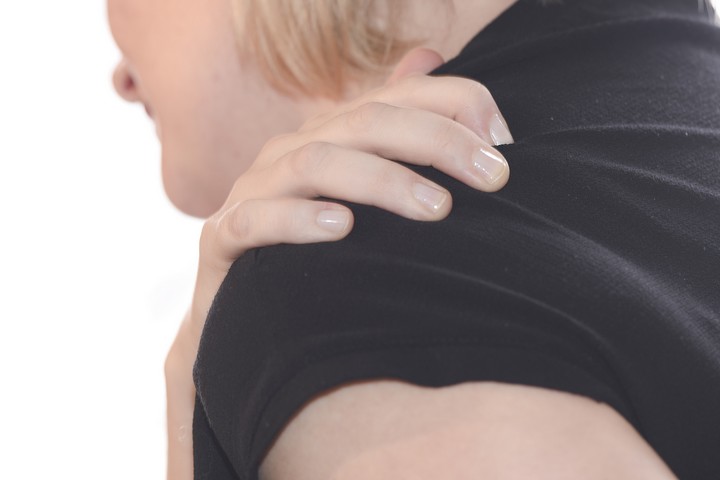
Water is a good thing for the upper back. Dehydration and muscle cramps can amplify pain. Decreased circulation can make it more uncomfortable as well. Drinking water is a good thing.
You activate the muscles and tendons in your upper back by lifting your arm to bring the water to your mouth. If they’re already sore, you’re activating that soreness or that pain. That’s why you might feel upper back pain when drinking water or anything.
Figuring Out the Cause of Upper Back Pain
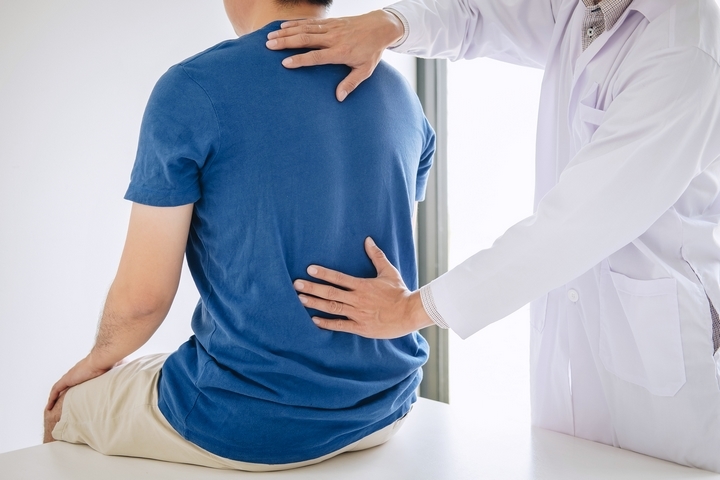
If your upper back pain lasts longer than seven days, it’s time to schedule a neurological physiotherapy appointment. They may do a physical exam and see how you’re moving. Take note of what helps the pain and what makes it feel worse. You may be scheduled for a spinal X-ray, MRI scan, CT scan, EMG, or blood test, depending on the suspected cause.
Treatment Plan for an Upper Back Problem
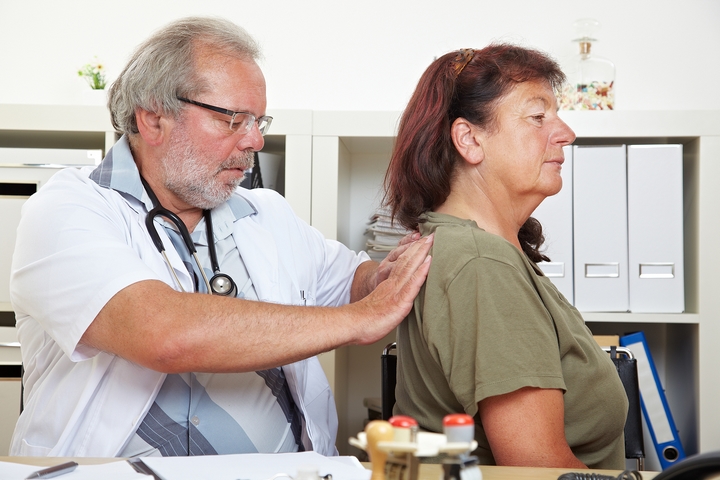
You can diagnose what’s going on through these tests and get set up with a quality treatment plan. This may involve rest, medications, or alternative therapies, such as physiotherapy or chiropractic work.

